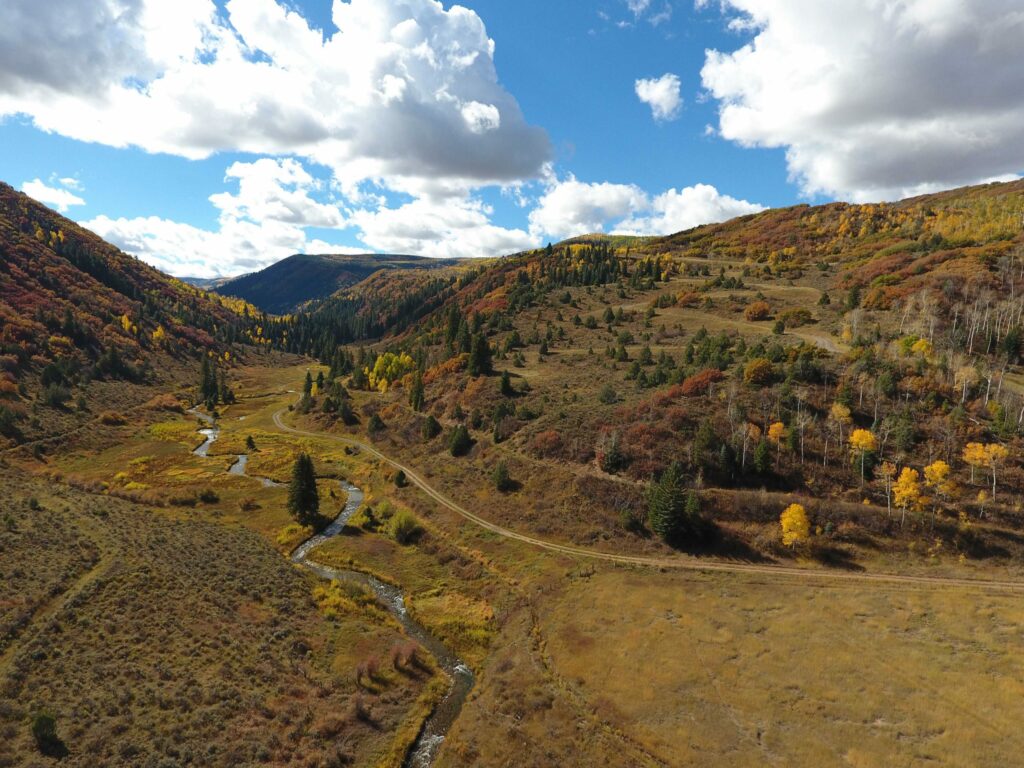
Throughout the 19th century, Congress spurred track expansion by granting land and other property rights to private railroad operators. These days, however, more tracks are getting torn up than put down. In many instances, this causes certain property rights to revert back to original owners. At least that’s how it’s supposed to happen, according to a landmark Supreme Court decision in March that focused on rails-to-trails projects. One justice wrote that Congress “granted an easement and nothing more” — meaning that without an operating rail system there are no lingering right-of-ways for recreational trails. Although the ruling centered on a case in Wyoming’s Medicine Bow National Forest, its impact will be felt in dozens of states with ongoing cases where owners are challenging rails-to-trails projects. Read more HERE.
News Desk
- May 15, 2014
-
Views: 312
Supreme Court Sides with Landowner in Rails-to-Trails Case
RELATED ARTICLES
Sporting Properties
Sold! Utah’s Wasatch Peaks Ranch
12,740-acre alpine tract in Utah’s Wasatch Mountains offers …
News Desk
Interior Department Investigates Renewable Energy Speculators
Remember the Interior Department’s ongoing investigation into possible abuses …
Sponsored
Elk Creek Ranch Acquires Seven Lakes
For those who are passionate about outdoor pursuits, the next great adventure can’t come soon enough.
Please sign me up to receive breaking news and updates from The Land Report:




